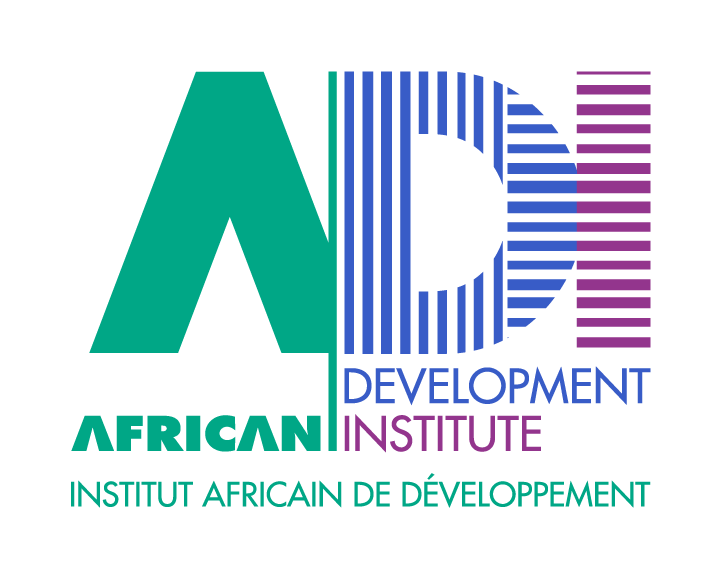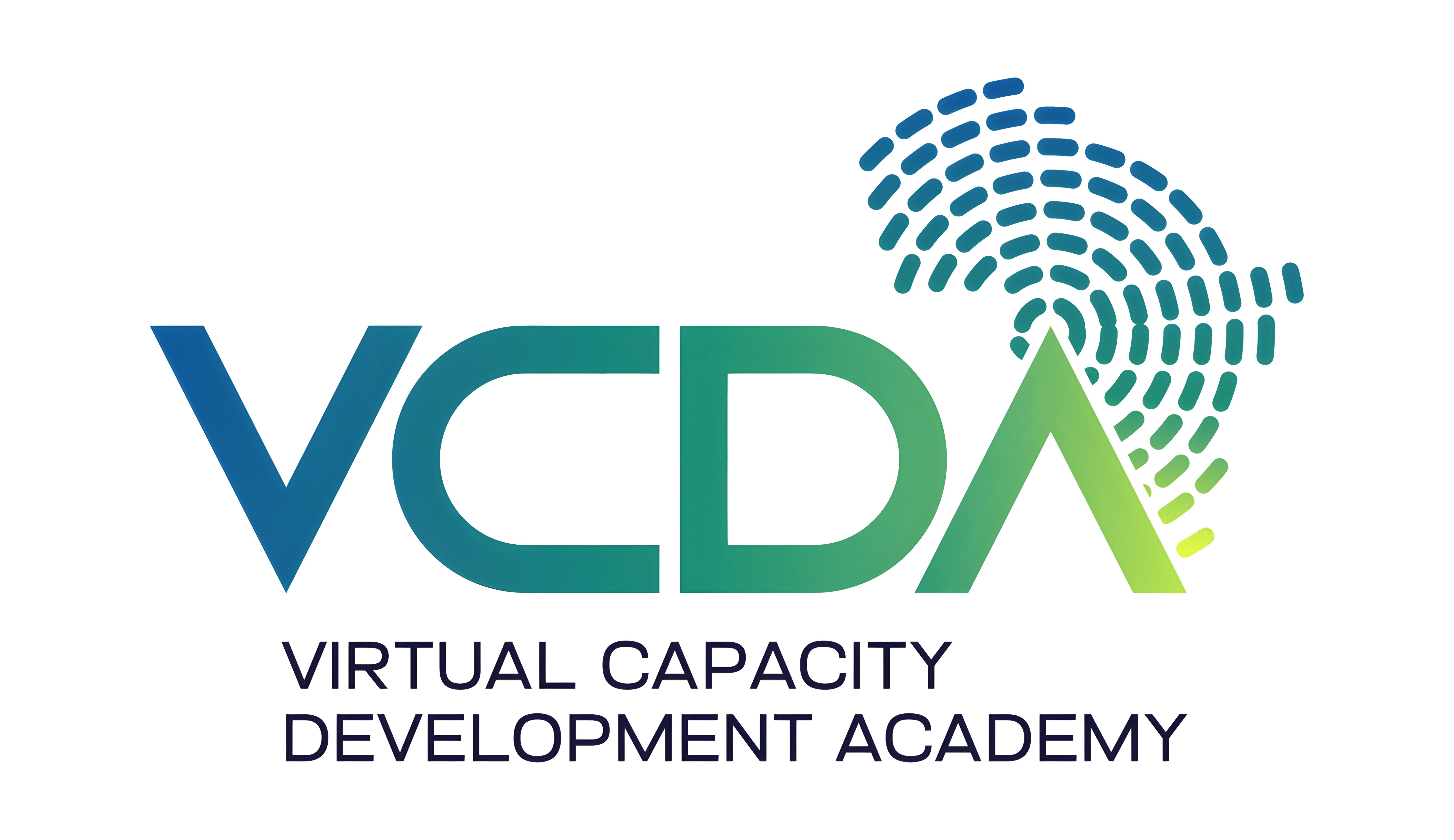- Graduation Icon Virtual Capacity Development Academy
- Email Icon VCDA@AFDB.ORG
South Sudan: Investing in Human Capital for Peace and Prosperity
South Sudan’s presentation emphasizes the country’s unique position as the world’s newest nation, still navigating post-conflict fragility, limited infrastructure, and institutional weaknesses. Despite these hurdles, the government—supported by AfDB—has embarked on developing a comprehensive national capacity development strategy. This strategy is designed not only to address immediate governance and service delivery needs but also to strengthen resilience and lay the groundwork for long-term peace and stability.
A central theme is the urgent need to invest in human capital—equipping citizens with the skills, education, and institutional support required to drive development from within. The strategy also highlights inclusive collaboration, ensuring that civil society, youth, women, and the private sector are active contributors. By fostering local ownership and aligning with national priorities, South Sudan aims to transform fragility into opportunity, setting a path toward sustainable growth, effective governance, and a more prosperous future for its people.
Our Speakers

Mr. Joseph Thomas Luwaya
Mr. Joseph Thomas Luwaya is a senior government leader in South Sudan, deeply involved in the development and implementation of the country’s national capacity development strategy. He represents the South Sudan delegation in the AfDB dissemination workshop, speaking on the themes of human capital, institutional strengthening, and actionable planning. Mr. Luwaya has worked closely with national ministries, civil service institutions, and international development partners to align strategy recommendations with the realities of South Sudan’s post-conflict context.
With a firm belief in inclusive, participatory policy making, Mr. Luwaya emphasizes that capacity development must go beyond planning documents—it must integrate into national plans and budgets, be backed by monitoring and evaluation frameworks, and be owned by both government and citizens. Under his guidance, South Sudan is pushing forward reforms aimed at enhancing civil servant skills, improving service delivery, and embedding national capacity initiatives into the long-term roadmap for stability and growth.


